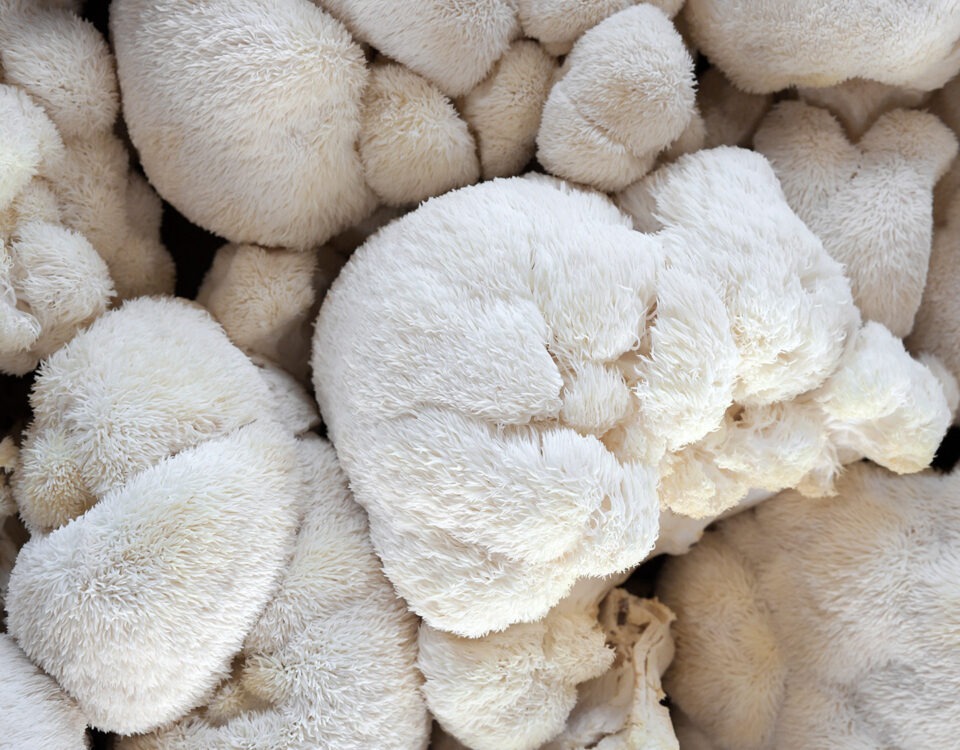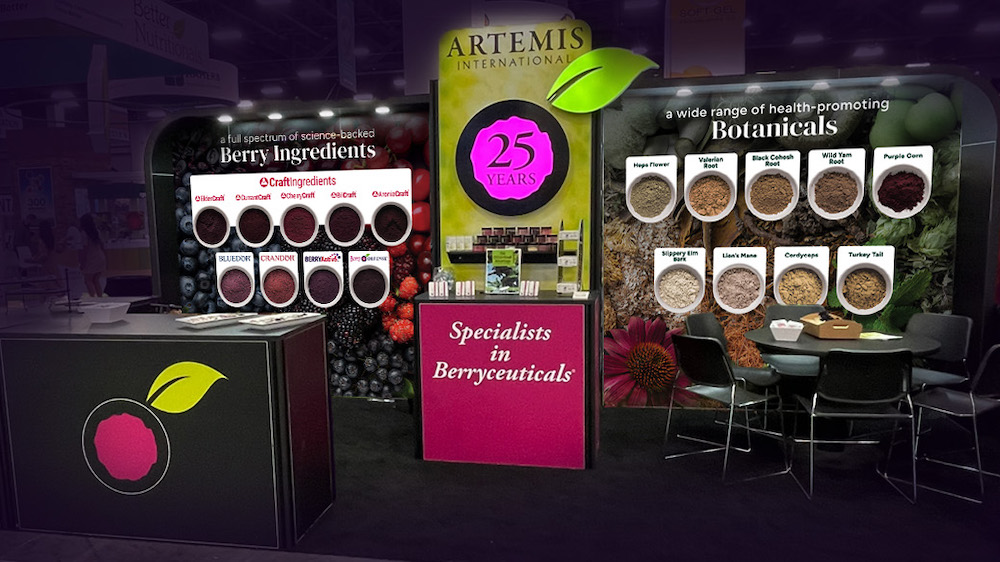Researchers in Japan discovered that the garcinol in Kokum suppresses colon carcinogenesis in rats. Dietary administration of garcinol caused significant reduction in the frequency of abberant crypt foci (ACF). Possible mechanisms include the suppression of inducible nitric oxide synthase (iNOS) and cyclooxygenase (COX-2) enzymatic reactions due to the apparent ability of garcinol to suppress the expression of iNOS and COX-2 proteins. These findings suggest the possible chemopreventive ability of garcinol on colon tumorigenesis.
Tanaka, T., Kohno, H., Shimada, R., Kagami, S., Yamaguchi, F., Kataoka, S., Ariga, T., Murakami, A., Koshimizu, K., Ohigashi, H. 2000. Prevention of colonic aberrant crypt foci by dietary feeding of garcinol in male F344 rate. Carcinogenesis. 21(6): 1183-1189.
In a collaborative effort, pomegranate extract was studied for its effects on human breast cancer in vitro. The pomegranate extract demonstrated the ability to initiate a blockade of endogenous active estrogen biosynthesis, which inhibited aromatase activity by 60–80%. Inhibition of the breast cancer cell proliferation suggests that pomegranate extract may possess effective chemopreventive and adjuvant therapeutic applications.
Kim, N.D., Mehta, R., Yu, W., Neeman, I., Livney, T., Amichay, A., Poirier, D., Nicholls, P., Kirby, A., Jiang, W., Mansel, R., Ramachandran, C., Rabi, T., Kaplan, B., Lansky, E. 2002. Chemopreventive and adjuvant therapeutic potential of pomegranate (Punica granatum) for human breast cancer. Breast Cancer Research and Treatment. 71(3): 203-217.
Histone acetyltransferase (HATs) has a key function in the modulation of gene transcription, cellular differentiation and cellular proliferation. However, if the HAT enzyme is altered, this affects the cell cycle or gene transcription and can result in cancer, neurodegenerative diseases, or other neurological syndromes. Researchers in India have demonstrated that the garcinol in Kokum inhibits unregulated HAT activity and induces cell apoptosis in vitro. Hence, this investigation suggested that the garcinol from Kokum acts as an anti-cancer agent.
Balasubramanyam, K., Altaf, M., Radica, V.A., Swaminathan, V., Ravindran, A., Parag, S.P., Tapas, K.K. 2004. Polyisoprenylated benzophenone, garcinol, a natural histone acetyltransferase inhibitor, represses chromatin transcription and alters global gene expression. The Journal of Biol. Chem. 279(32): 33716-33726.
In an animal study, researchers from Japan illustrated purple corn’s ability to suppress colorectal cancer in rats. When purple corn was administered to mice with colorectal carcinomas, the lesions significantly decreased. Research into the efficacy of purple corn to help combat colorectal caner is promising.
Hagiwara, A., Miyashita, K., Nakanishi, T., Sano, M., Tamano, S., Kadota, T., Koda, T., Nakamura, M., Imaida, K., Ito, N., Shirai, T. 2001. Pronounced inhibition by a natural anthocyanin, purple corn color, of 2-amino-1-methyl-6-phenylimidazol[4,5-b]pyridine (PhIP)-associated colorectal carcinogenesis in male F344 rats pretreated with 1,2-dimethylhydrazine. Cancer Lett. 171: 17-25.






